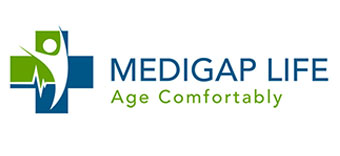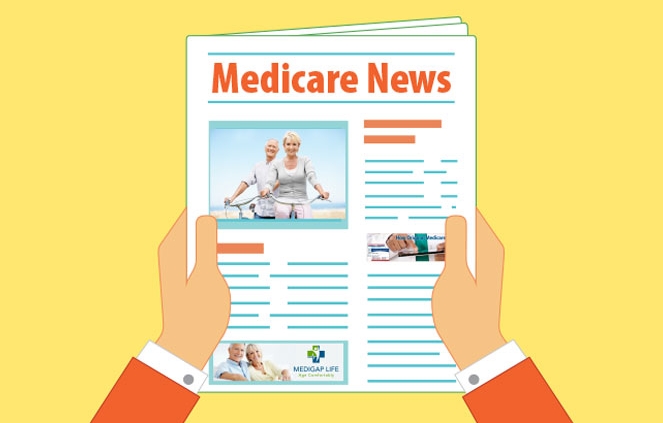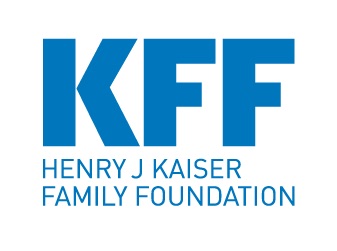Hurricane Rita Information for People with Medicare and Medicaid and Providers
We play an important role in making sure that when there’s a natural disaster, manmade incident, or a public health emergency, our beneficiaries continue to get quality health care. We’ve made these pages for you, states, and providers, to get the information you need about emergency preparedness, response, and recovery.
Get information about current emergencies and how we can help you now.
Why should you get ready for an emergency?
When you’re ready for an emergency, you can lower the fear, anxiety, and losses that often come with living through a disaster.
How can we help you when there’s an emergency?
We help to make sure that when there’s a natural disaster, man-made incident, or a public health emergency, people with Medicare and Medicaid can keep getting quality health care. We work with you – states, tribes, health care providers, and federal partners – so you’ll have the emergency response and recovery information you need to plan, respond, and recover from disasters and other emergencies.
What resources can you can find here?
You’ll find resources to help with response and recovery for before, during, and after an emergency:
Program flexibilities with guidance on 1135 waivers to the Social Security Act
How to request a public health emergency
Emergency-related websites from other federal partners and non-government organizations
Our response and recovery activities for past emergencies
Find information on emergencies for people with Medicare or Medicaid.





